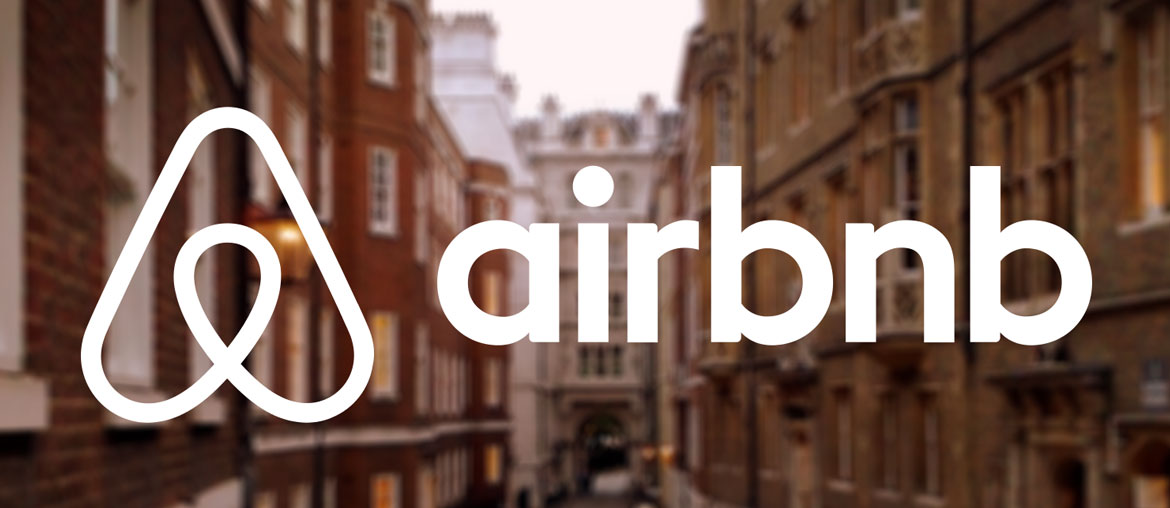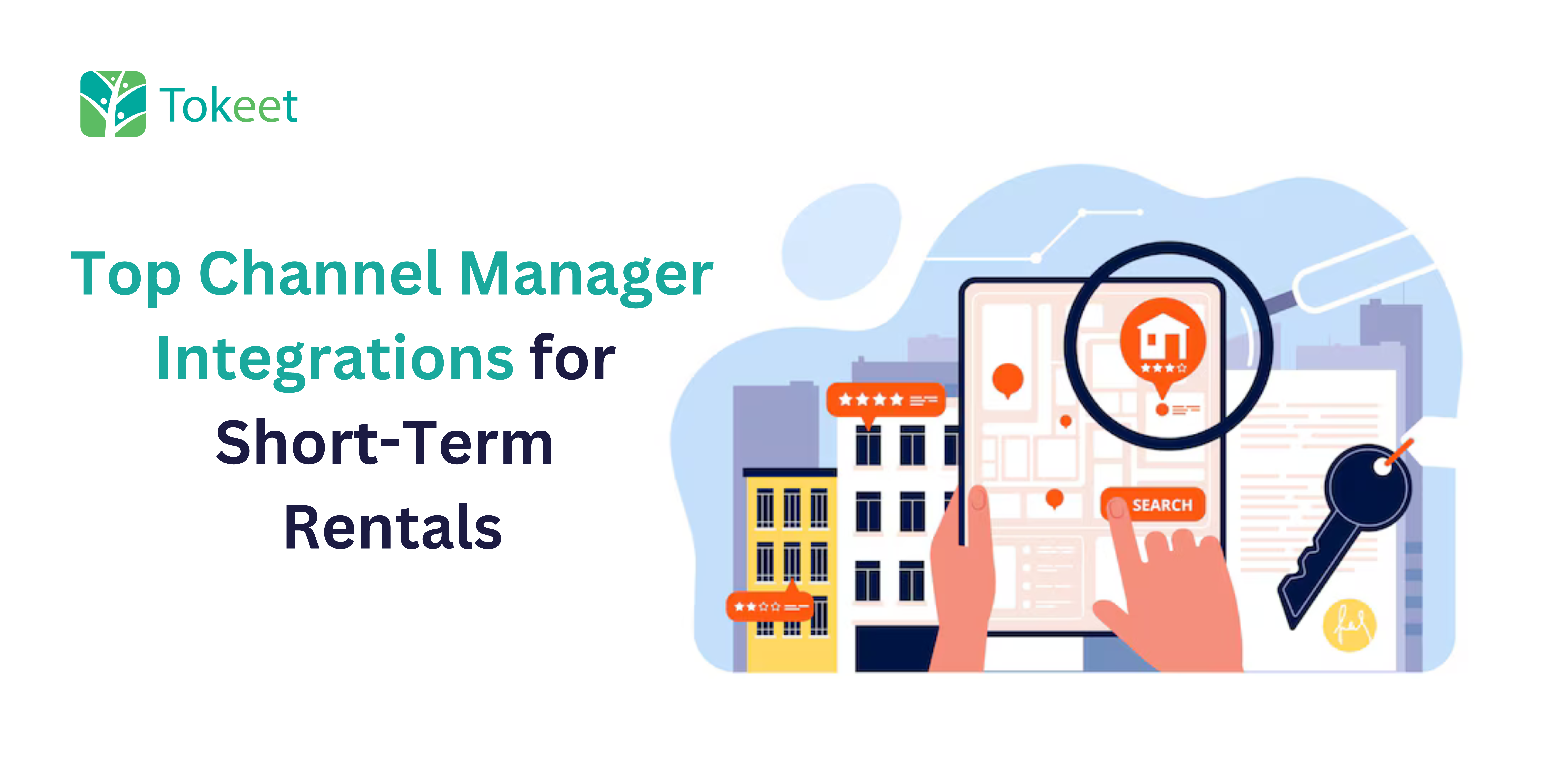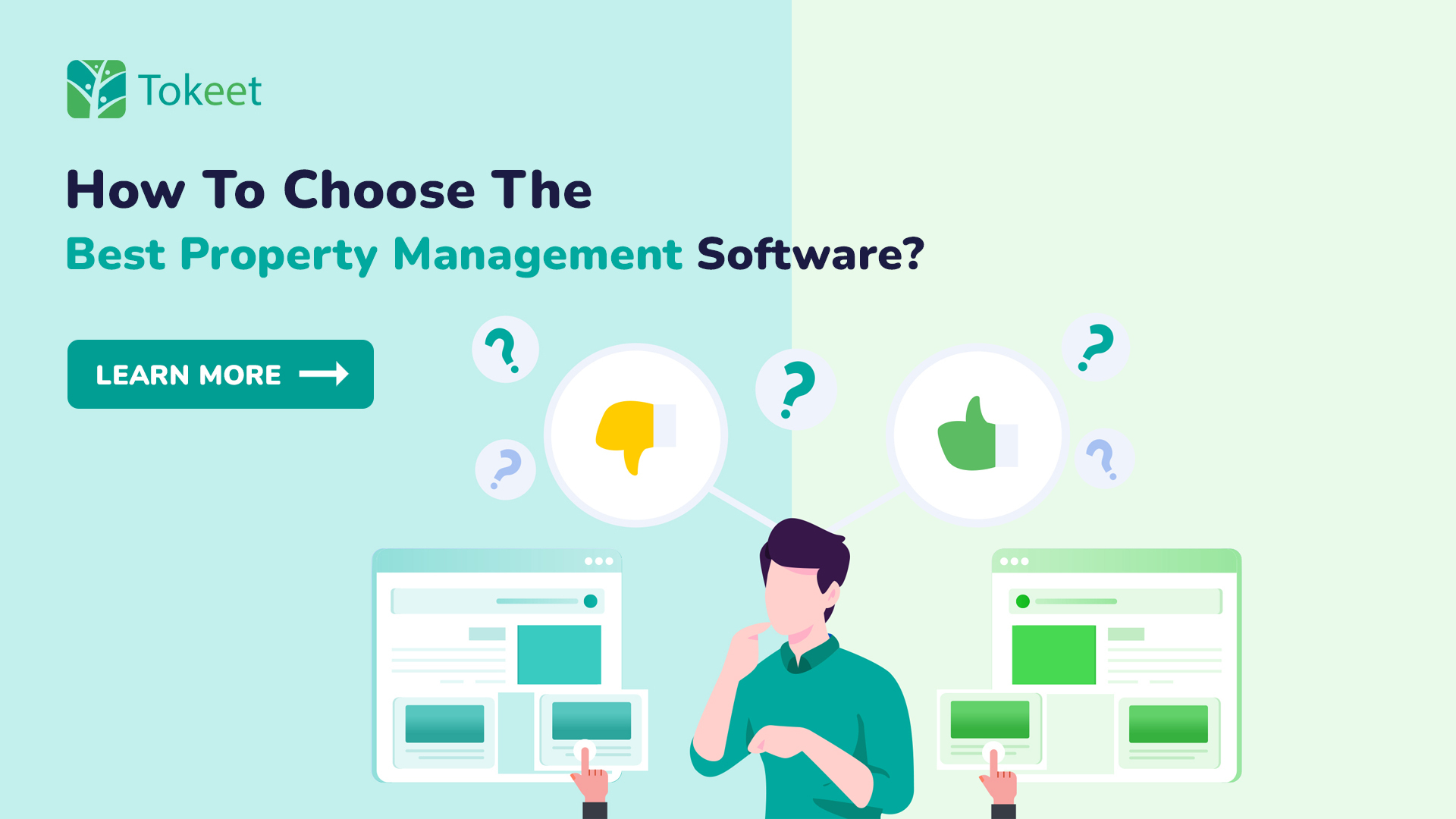Since its founding in 2008, Airbnb has seen explosive growth across the globe. In the U.S. alone, Airbnb has seen a 45% increase in bookings year-over-year. There are more than 1.9 million Airbnb listings, and it presents a unique opportunity for vacation property owners and travelers. But for vacation rental managers and owners, there are several critical things you need to know about running an Airbnb side hustle, mainly, the Airbnb Transient Occupancy Tax.
They say that there is no escaping death or taxes. And although Airbnb can be an excellent source of revenue for those with a spare room or house to rent out, using Airbnb to generate cash can present unique tax challenges for the uninitiated. So, here’s what you need to know about the Airbnb Transient Occupancy Tax.
These types of taxes are levied against places that accommodate lodgers, vacationers, and travelers. The taxes are dramatically different depending on the state and the local jurisdiction that a vacation rental property is located. The state government and the local city government can levy transient occupancy taxes.
What types of lodgings are subject to transient occupancy taxes?
Well again, it depends on the particular state and local government. For example, dude ranches must pay these taxes in the state of Montana. But for starters, the following types of lodgings are typically subject to transient occupancy taxes across the U.S.:
- Hotels and motels
- Tourist camps and tourist courts
- Apartment homes
- Lodging houses
- Inns
- Bed and breakfasts
- Hunting camps
- Camping sites
- RV parks
- Vacation rentals
As you can see, Airbnb rentals make the cut. Transient occupancy taxes can also be applied to lodgings that don’t even include overnight accommodations. Conference rooms, rooftop gardens, wedding chapels, meeting rooms, the berth of a ship, and even banquet halls sometimes have to pay these taxes. Things can get even more convoluted. Transient occupancy taxes can also be levied against other fees that are associated with rentals and lodgings, such as early arrival fees, cleaning fees, minibar charges, or valets and porters.
The bottom line is, transient occupancy taxes can get quite extensive and can give anyone a headache trying to figure them out. If you are renting out a house or a room in a house to vacationers, then you must pay the transient occupancy tax, with the amount specified by your local and state government. The tax is applied to the rent and is paid by the guest.
How does Airbnb make paying transient occupancy taxes easier for you?
Airbnb has taken a lot of the guesswork out of figuring out what your Airbnb vacation rental must pay in these taxes. The system automatically pulls tax information from your jurisdiction based on the address of your listing, and Airbnb sends the taxes to the government on your behalf.
But be warned! Your listing must not have any typos in it for the information to be correct. Also, Airbnb can only do this automatic collection in certain jurisdictions, which you can check out on this page.
Airbnb is not responsible for typos and failure on your behalf to pay your taxes. If you fail to pay these taxes, you can be subject to an audit, which can result in huge fines and fees.
You can see your listing information on the “Manage Your Space” page in the Airbnb dashboard, so please make sure that all of the information is correct and up-to-date.
How do you find out what your transient occupancy taxes are for Airbnb?
Go to the “Your Listings” page on your Airbnb dashboard and click on the listing. Next, click “manage listing,” then “local laws.” If your jurisdiction is subject to transient occupancy taxes, you’ll see a section on the “local laws” page for occupancy taxes.
Airbnb does not automatically collect these taxes and pay on your behalf if there is no occupancy taxes information listed under the “local laws” page. Always consult with a tax professional first before you get complacent if there are no transient occupancy taxes listed on your Airbnb dashboard. You don’t want to find out that you owe thousands late in occupancy taxes and fees because you failed to do your homework.





